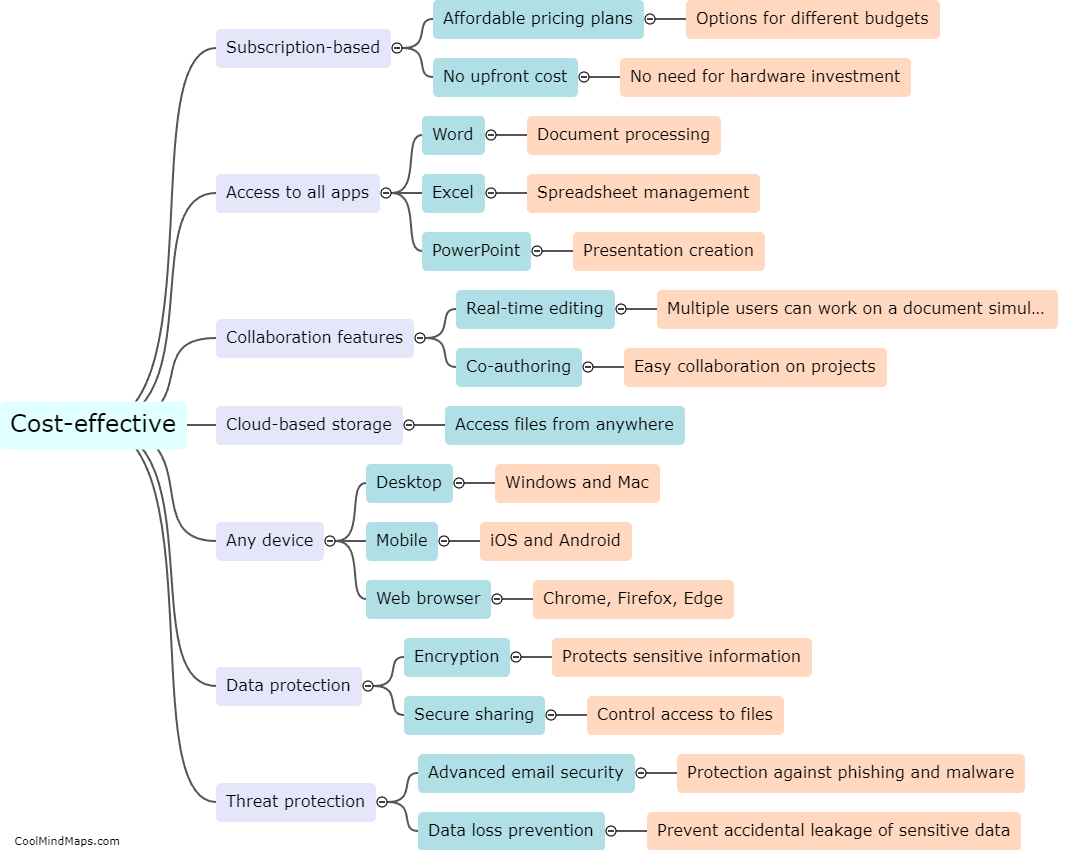How does HPV cause cervical cancer?
Human papillomavirus (HPV) is a sexually transmitted infection that can cause cervical cancer in women. HPV causes cervical cancer by infecting cells on the surface of the cervix, which is the lower part of the uterus. When the virus enters the cells, it can disrupt the normal cell cycle and DNA control mechanisms, leading to abnormal cell growth and division. This can result in the development of pre-cancerous lesions or tumors. Additionally, specific types of HPV, known as high-risk types, have the ability to persist in the cervix for years and further increase the risk of cervical cancer. Regular cervical screening tests and HPV vaccinations can help in early detection and prevention of cervical cancer.

This mind map was published on 19 November 2023 and has been viewed 107 times.











